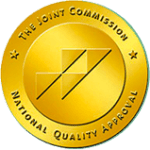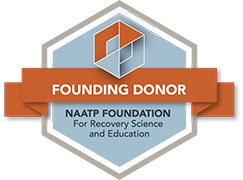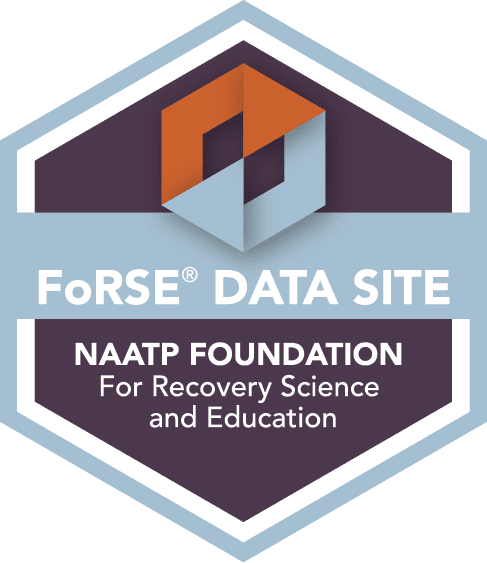Which Habits Will Make You Happier in Addiction Recovery?
Everyone wants to be happy, but for someone recovering from addiction, happiness can mean the difference between a sustained recovery and falling back into old destructive patterns. Much of what we do in life is determined by our habits, those things we do every day without even thinking about them. Bad habits can sabotage your happiness and endanger your recovery but good habits can make you happier and keep your recovery moving forward. Here are some good habits to cultivate to keep your recovery on track.
Gratitude
Many studies have shown that cultivating gratitude is one of the most effective ways to become happier. We habitually tend to focus on what we lack, especially if we lack something our friends or neighbors have. Focusing on what you don’t have makes you unhappy and it also nurtures the illusion that if we could just have that one thing–the nicer car, the bigger house, or whatever else–we would be happy. However, research also shows us that getting what we want only makes us happy for a very short time, after which we want something else.
Making gratitude a habit changes your focus from what you don’t have to what you do have. And most of us have quite a lot to be grateful for. Even relatively poor people in the US have more than the average person did 200 years ago. Simple things like indoor plumbing, garbage collection, knowing how to read, and vaccinations have become nearly invisible to us, yet they massively increase our quality of life. Taking time to appreciate what’s good in your life makes you happier and tends to attract more good things.
Make gratitude a habit by writing down two or three things you’re grateful for every day. They don’t have to be big things. It could be a friendly cashier at the grocery store or a compliment from a friend. Another good habit is to express gratitude to the people in your life at least once a week. Send someone a note and let her know you appreciate something she did for you, even if it was years ago. This both cultivates gratitude and closer relationships, which also make you happier.
Honesty
Honesty won’t always make you happier in the short term, but it will make you happier in the long term. Small lies may be convenient and harmless, but studies have found that the more you lie, the easier it gets. Lying creates cognitive drag since you’re conscious of the lie and the need to maintain it. This requires cognitive resources you could put to better use and it creates stress. Practicing honesty, on the other hand, even in small things, makes you whole. You’re not distracted by keeping up a pretense. Your attention is more focused. People learn they can count on you and your relationships become stronger.
Self-care
Self-care is the foundation for other positive habits like getting enough sleep, eating healthy food, and exercising regularly. Making these self-care actions habitual means you don’t have to put much effort into maintaining them. Sleep, diet, and exercise have all been linked to lower levels of stress, anxiety, and depression, and better self-control, memory, and concentration.
Sleep
Getting too little sleep significantly increases anxiety. One study found that participants who were deprived one night of sleep reported 30 percent higher anxiety levels the next day. Another study found that participants who got too little sleep for three nights in a row had significantly more thoughts of suicide. Sleep is when your brain recharges. Your prefrontal cortex is especially sensitive to lack of sleep. The prefrontal cortex is responsible for executive functions like attention, working memory, self-control, and perhaps most importantly in the context of happiness, emotional regulation. When your prefrontal cortex is offline, your amygdala and other areas of the brain responsible for processing stressful emotions can run wild. Therefore, getting plenty of sleep at regular hours is essential for happiness.
Socializing
We’re a social species and we need regular social contact to be happy. This is why Alcoholics Anonymous has been scientifically proven as effective simply for the social habit of attending meetings and interacting with others. Studies have found that engagement with these groups is the best predictor of whether someone will remain sober. Maintaining regular contact with positive people and cultivating close relationships is one of the best ways to be happier.
Meditation
We spend much of our time thinking about the future or the past and not really paying attention to the present. Rumination, or obsessing over past mistakes or future worries, is a common feature of depression and anxiety. One way to break out of this habit is to practice meditation, which in essence is just repeatedly bringing your attention back to the present moment. This quiets the brain’s default mode network, which largely responsible for our egos and makes us miserable when it gets carried away. Practicing mindfulness meditation for as little as 20 minutes a day for 8 weeks can actually create structural changes in the brain, allowing you be more present and feel happier.
Service
Service is essentially socializing with a purpose. Studies have shown that volunteering a few hours a week can make you happier, feel more connected, and more fulfilled. It boosts your self-esteem and lets you contribute to something bigger. The benefits of service are why it has been a component of 12-step programs for decades.
Established in 1939, High Watch is the world’s first 12-Step treatment center. Every individual who walks through our doors joins a definitive culture of compassion, dignity, and respect from a genuinely caring staff dedicated to seeing the disease of addiction find remission. Providing proven therapeutic approaches and comprehensive 12-Step education, patients leave High Watch with the confidence to maintain abstinence and live a healthy, happy, sober life. Start your journey today by calling 860.927.3772.








